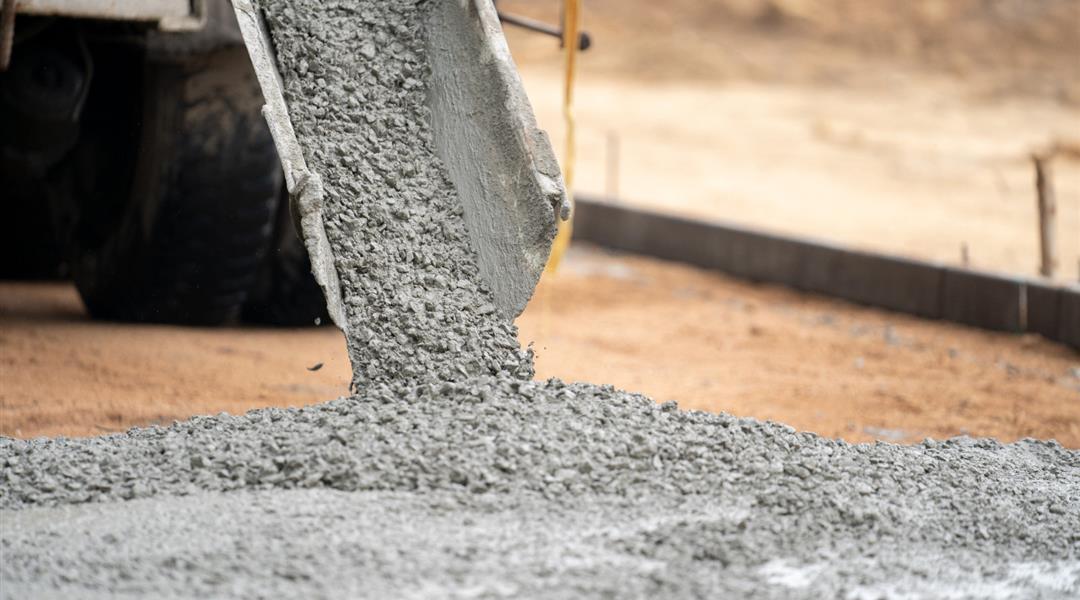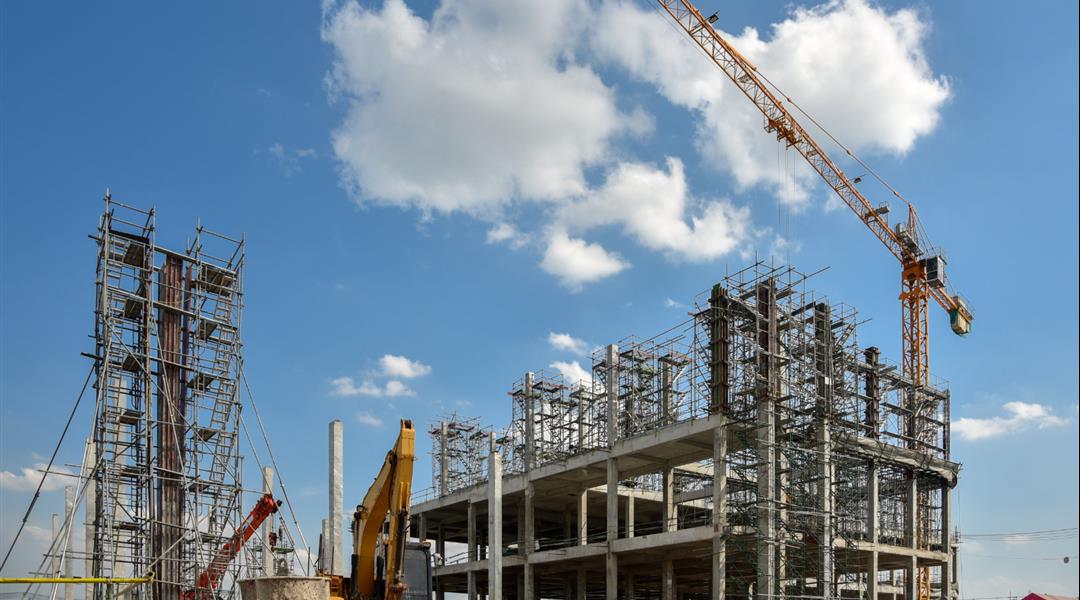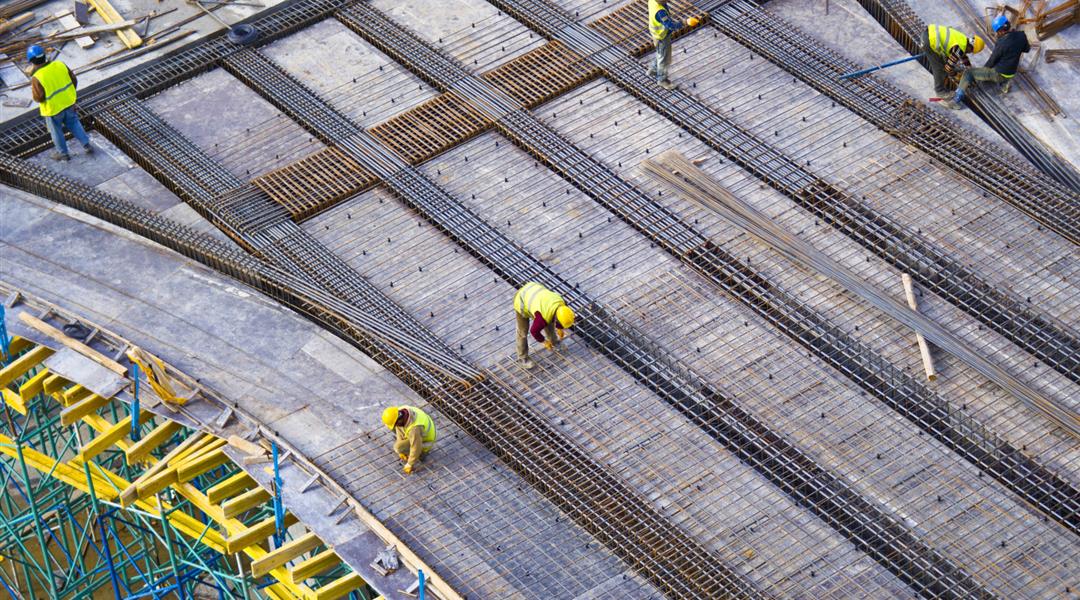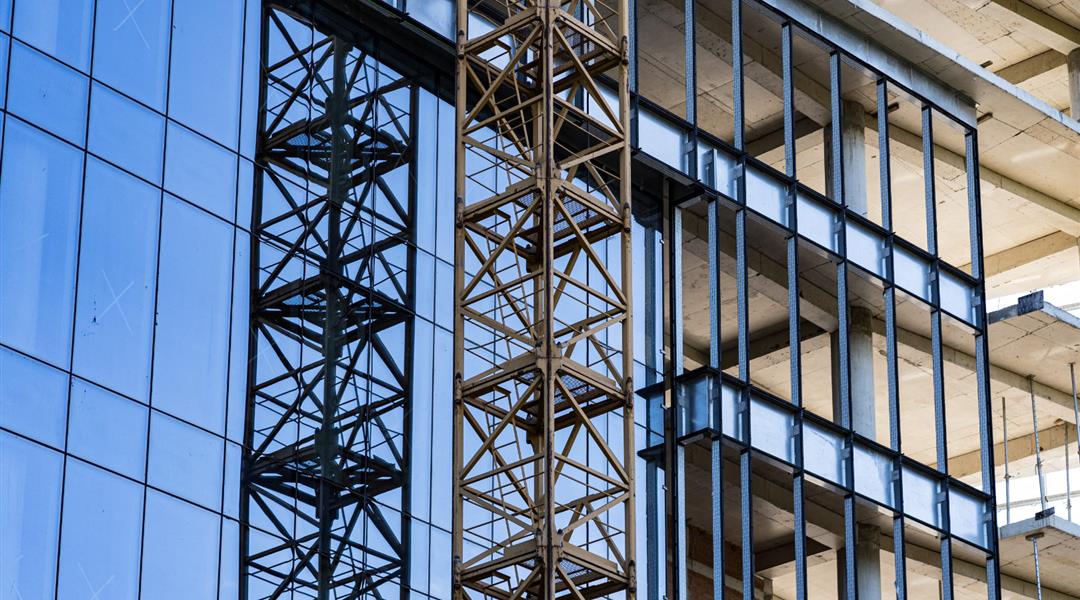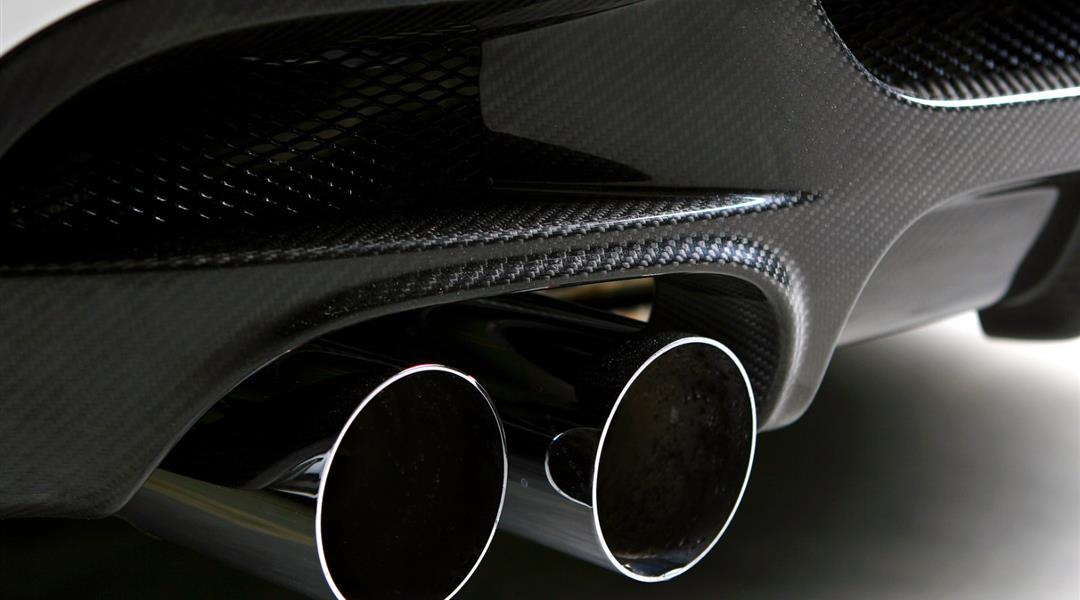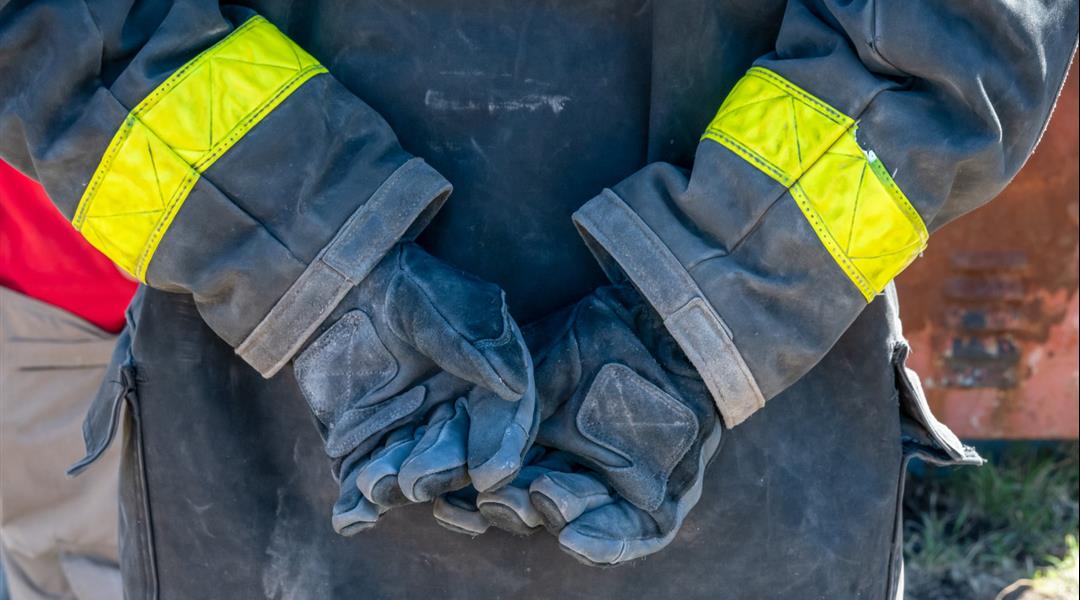Applications
Basalt Applications
Basalt is used in the production of composite materials, in industrial thermal
insulation and in the manufacturing of fire-resistant fabrics.
In the construction industry, it plays a crucial role as reinforcement for concrete,
in road pavements and seismic structures. Its versatile properties also make it the material of choice for various other applications.
Concrete and Asphalt Production:
Aggregate in concrete: Crushed basalt can be used as an aggregate in the production of concrete, providing it with strength and durability for structural reinforcement purposes.
Aggregate in asphalt: Basalt can be incorporated into asphalt to improve its mechanical properties and durability.
Structural Reinforcement: Basalt fibers can be integrated into concrete or other composite materials, such as laminates and bricks, to enhance their mechanical performance.
Sustainable Construction:
Environmentally friendly building material: Basalt is often included in sustainable construction projects instead of polyethylene, derived from petroleum, due to its low CO2 emissions and local availability.
Construction and paving:
Road and pedestrian paving: Basalt slabs are used to pave roads, sidewalks and squares.
Coatings: Basalt is used to coat walls, floors and other surfaces in architectural projects.
Seismic structural reinforcements:
Structural Reinforcement Systems: Thanks to the proper balance between elasticity, tensile strength and weight, basalt bars are used to create reinforcement systems within anti-seismic buildings.
Production of Roofing Sheets:
Roofing sheets: Basalt can be cut into slabs and used as a material for building roofs.
Structural reinforcement near moist environments:
Pillar reinforcements: Basalt bars can be used inside concrete pillars for the construction of platforms and docks above the sea surface.
They replace iron bars as basalt is the best material for corrosion resistance.
Coastal Protection:
Coastal defenses: Basalt can be used for the construction of coastal barriers and defenses, providing a weather and tidal resistant solution.
Geotechnical Activities:
Highways, Soil Reinforcement: Basalt can be used in the form of bars of multiple sizes and shapes in civil engineering projects for soil reinforcement and slope stability.
Geothermal Activities:
Geothermal pipelines: Heat-resistant basalt can be used in geothermal pipelines to transfer heat from underground geothermal resources.
Thermal and Acoustic Insulation:
Insulating Panels: Basalt fibers are used to produce thermal and acoustic insulation panels, which are used in construction to improve the energy efficiency of buildings.
Pipes and Pipelines:
Pipes and drainage components: Basalt can be used in the production of pipes, conduits and drainage systems due to its high corrosion resistance.
Wind energy sector:
Wind Blade Production: Basalt is used inside wind turbine blades as thermal insulation protection of some mechanical parts subjected to high temperatures.
Composite Materials Sector:
Panels and composite materials: Basalt is used in the composites industry and often preferred to fiberglass and carbon fiber for its low environmental impact, high sustainability, and resistance to heat and corrosion.
Automotive Industry:
Automotive components: Basalt composites, panels and fabrics are used to enhance the strength and lightweight properties of automotive components such as car interior panels, external structural parts, and coverings.
Muffler Manufacturing: Basalt veils are used inside car mufflers due to their excellent thermal resistance capabilities.
Aerospace Industry:
Aerospace components: Basalt fibers, thanks to their light weight and temperature resistance, are used in aerospace applications for the production of structural components and fire-proof sheaths for thermal protection.
Maritime Industry:
Boat construction: Basalt can be incorporated into composite materials used boat hulls construction to improve their corrosion and thermal resistance and increase durability.
Railway Industry:
Railway ballast: Crushed basalt can be used as ballast for railways, providing a solid and durable base for tracks.
Rail car components: Composites, panels and fabrics are used in external and internal linings, often paired with other materials to improve thermal insulation and resistance to traction and chemical agents.
Technical textiles:
Industrial Linings: Veils, unidirectional, bidirectional, and multiaxial fabrics, a well as non-woven basalt fabrics are used as linings of parts subjected to high thermal fluctuations inside industrial machinery.
Fireproof Clothing:
Workwear: Due to its extraordinary heat resistance and fire retardant properties, basalt fabrics are often used for the production of specific flame-resistant workwear.
Fireproof Gloves: Basalt yarn is often knitted in double-jersey with polyester yarn to create fabrics used in the production of fireproof work gloves.
Sports equipment:
Basalt can be used in the production of sports equipment such as surfboards, snowboards, kiteboards, skis as well as tennis rackets, golf clubs and similar items.
Landscape Projects and Landscape Architecture:
Landscape Elements: Basalt can be used in landscape architecture projects for the creation of walls, fountains and decorative elements.
Restoration of Historic Monuments:
Restoration of historic buildings: Basalt can be used in the restoration of monuments and historic buildings to maintain the authenticity of the original structures.
Production of Technical Ceramics:
Technical ceramics: Basalt can be used as a raw material for the production of technical ceramics, which find applications in various industrial sectors.
Pool Coatings:
Pool linings and flooring: Basalt is used to create strong and durable linings for pool edges and flooring around aquatic areas.

